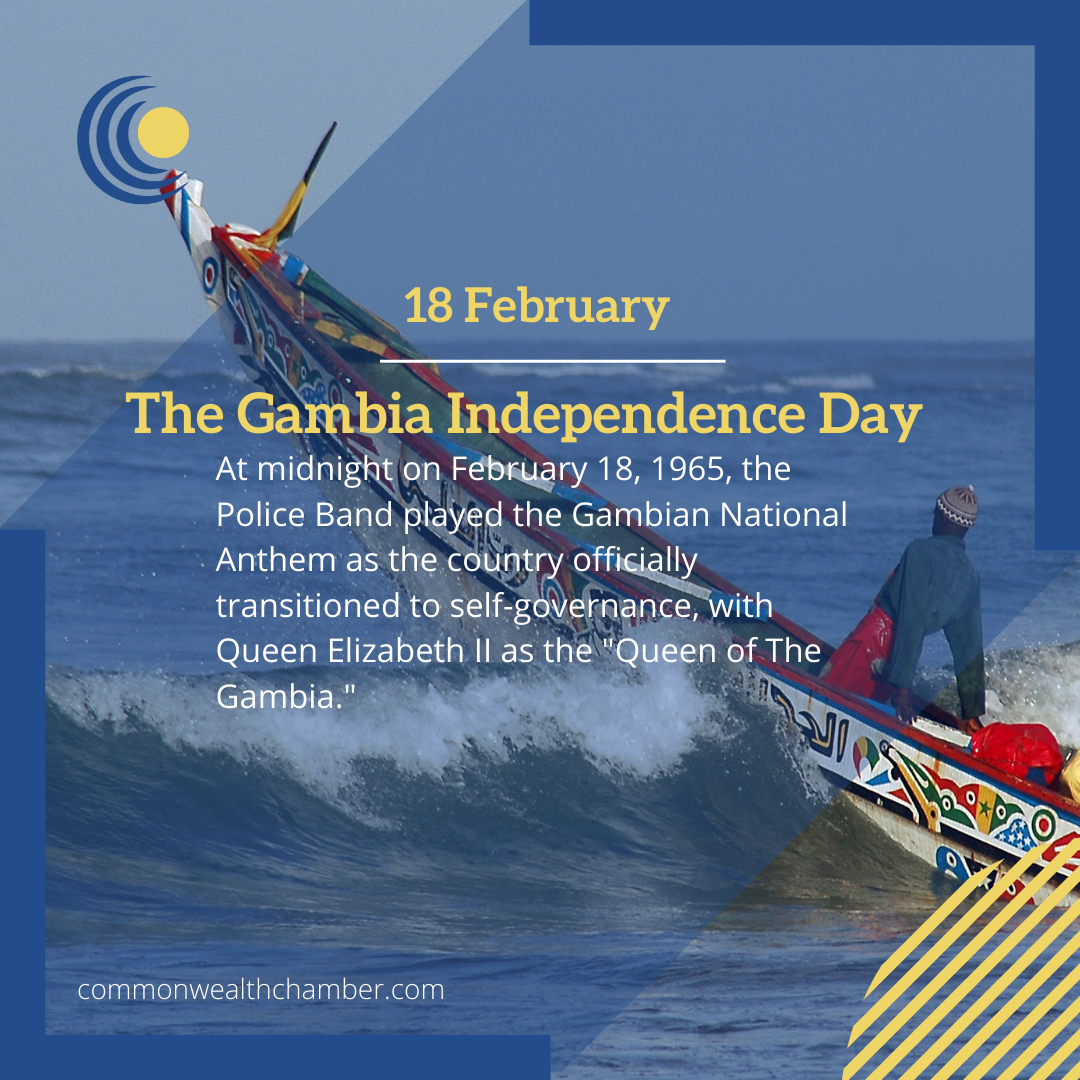Traditionally, the day begins with official ceremonies at McCarthy Square (now Independence Stadium) in Banjul, featuring a formal military parade and the Guard of Honour ceremony at the State House. The President typically delivers a national address, reflecting on the country’s journey and outlining visions for the future.
During the early years of independence, celebrations were marked by widespread public participation, with schoolchildren and community groups participating in colourful parades and cultural performances. These events would showcase traditional music, dance, and cultural displays representing The Gambia’s diverse ethnic groups. Schools would prepare weeks in advance, with students practising marching formations and cultural performances, creating cherished memories of national pride and unity.
The main events now primarily occur at the State House, with participation largely limited to government officials, diplomatic corps, and invited guests. Despite this shift, communities across the country still mark the occasion with local celebrations, including sports competitions, cultural shows, and family gatherings. Some areas organize community festivals featuring traditional wrestling matches, music performances, and food fairs, keeping the spirit of independence alive at the grassroots level.
